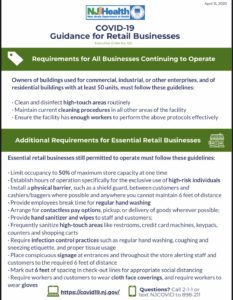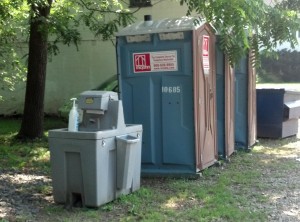Liability for Transmission of COVID-19 to Customers of Farm & Food Businesses
Friday, May 29th at 4pm Eastern
If your actions lead to a customer contracting COVID-19, are you legally liable? Join us for a webinar discussing whether, when, and how, this legal risk could befall a farm or food business, including farmers markets and food hubs. Essential steps to minimize the legal risk to the business will also be covered. Insurance always plays a role when it comes to injury, so the role of insurance and important questions to ask one’s insurance provider will be discussed. The legal landscape develops by the day with state and federal government changes also on the agenda. This clear, focused webinar will emphasize what you can do to protect your business.



